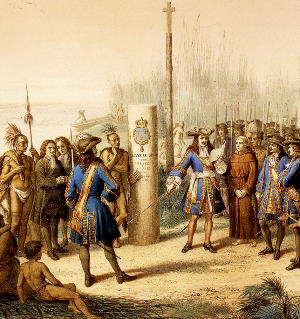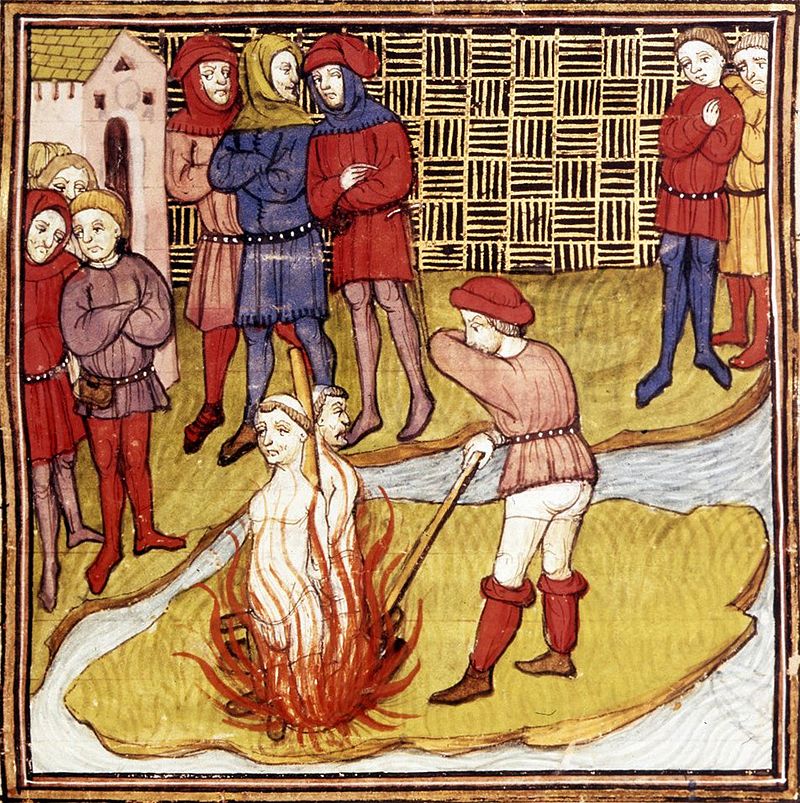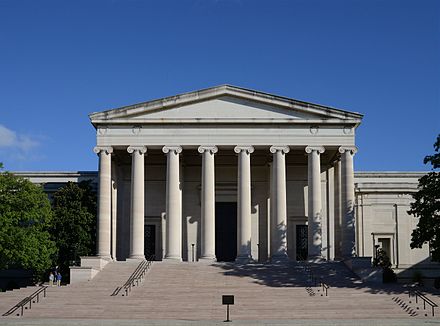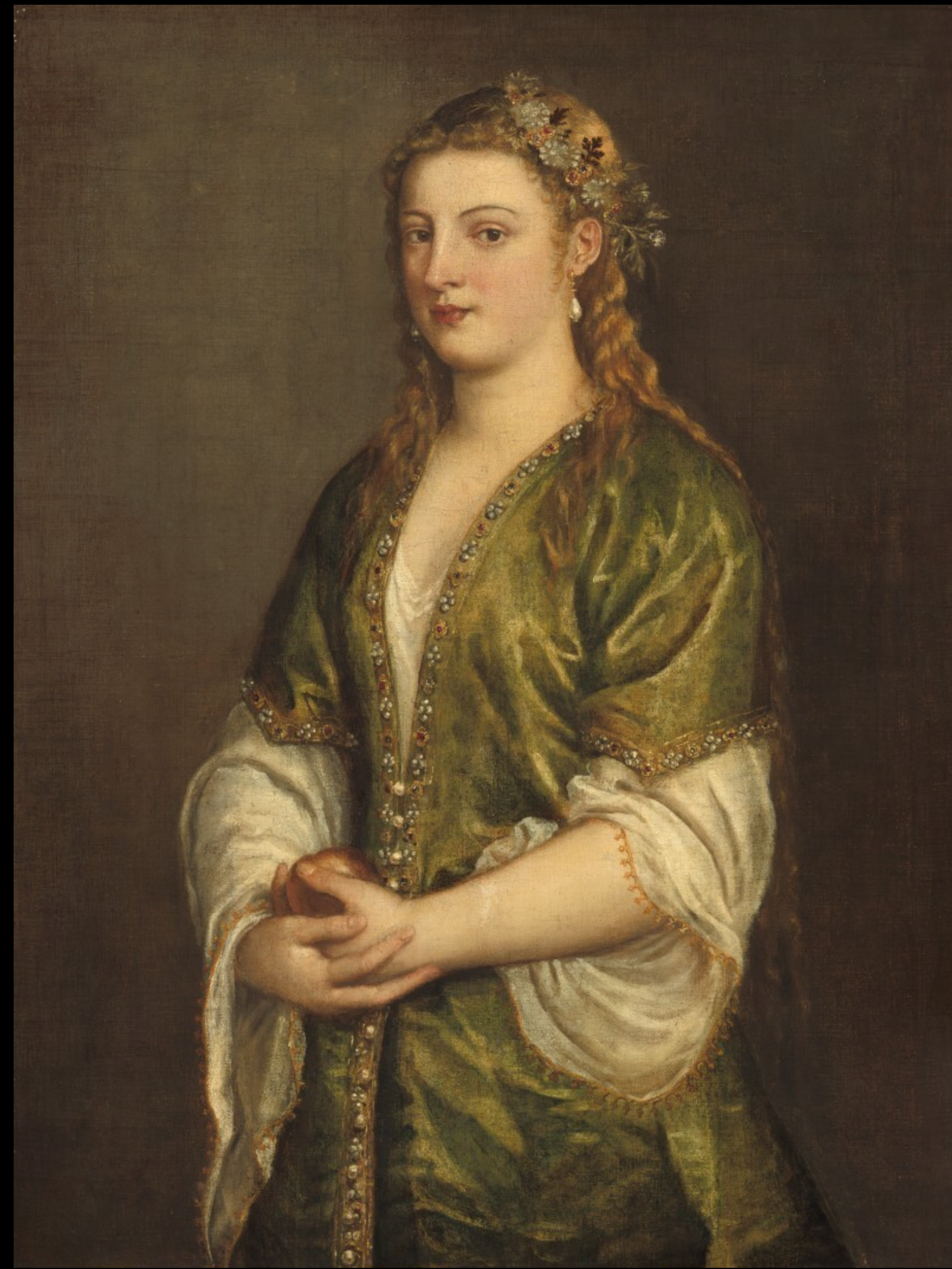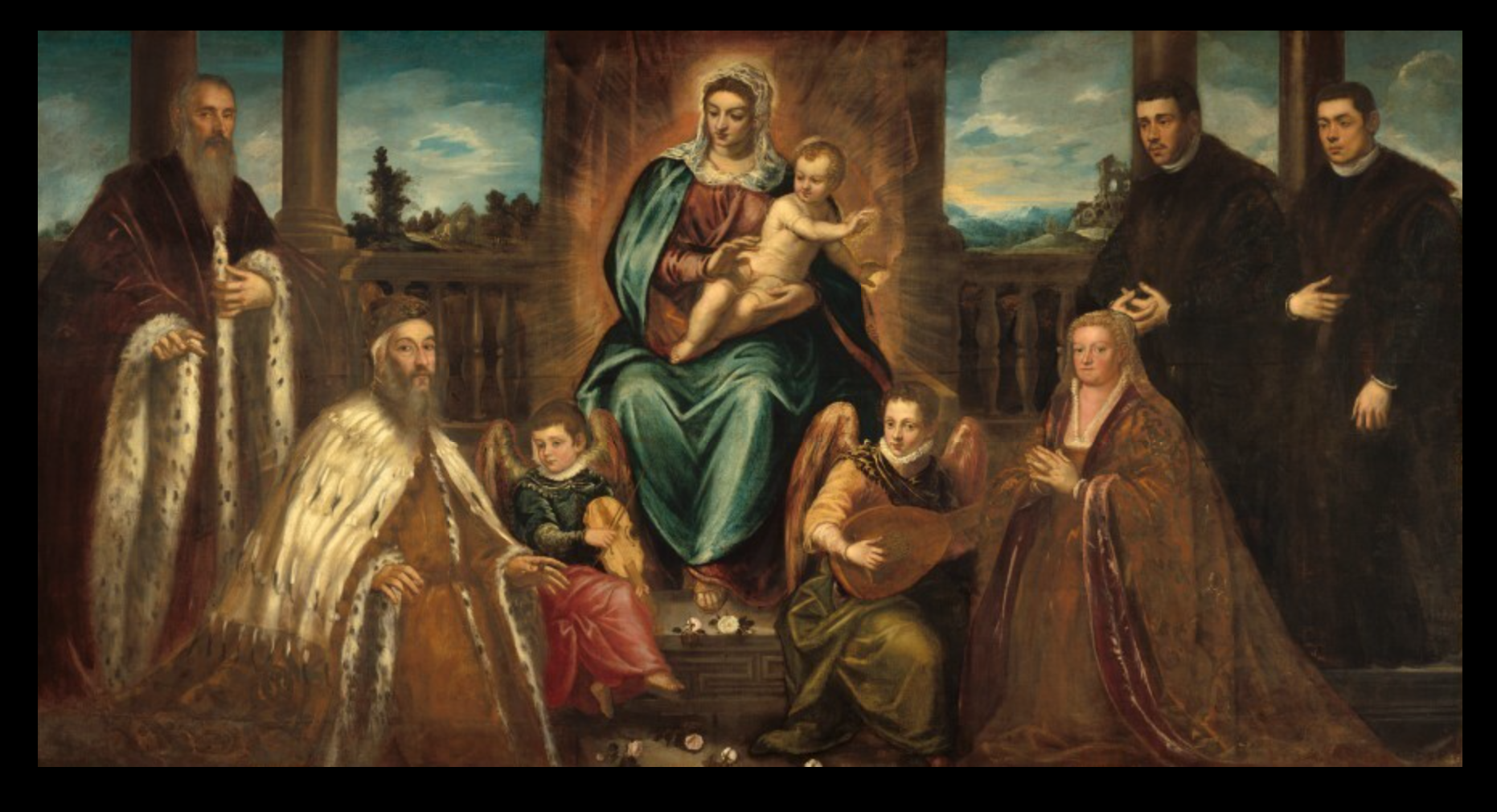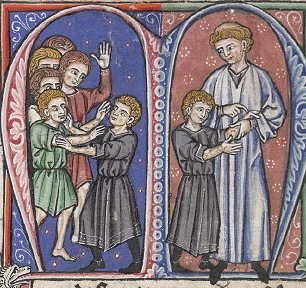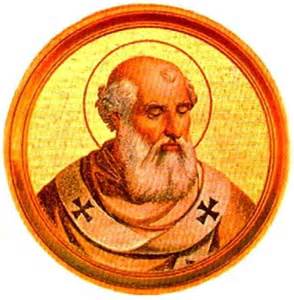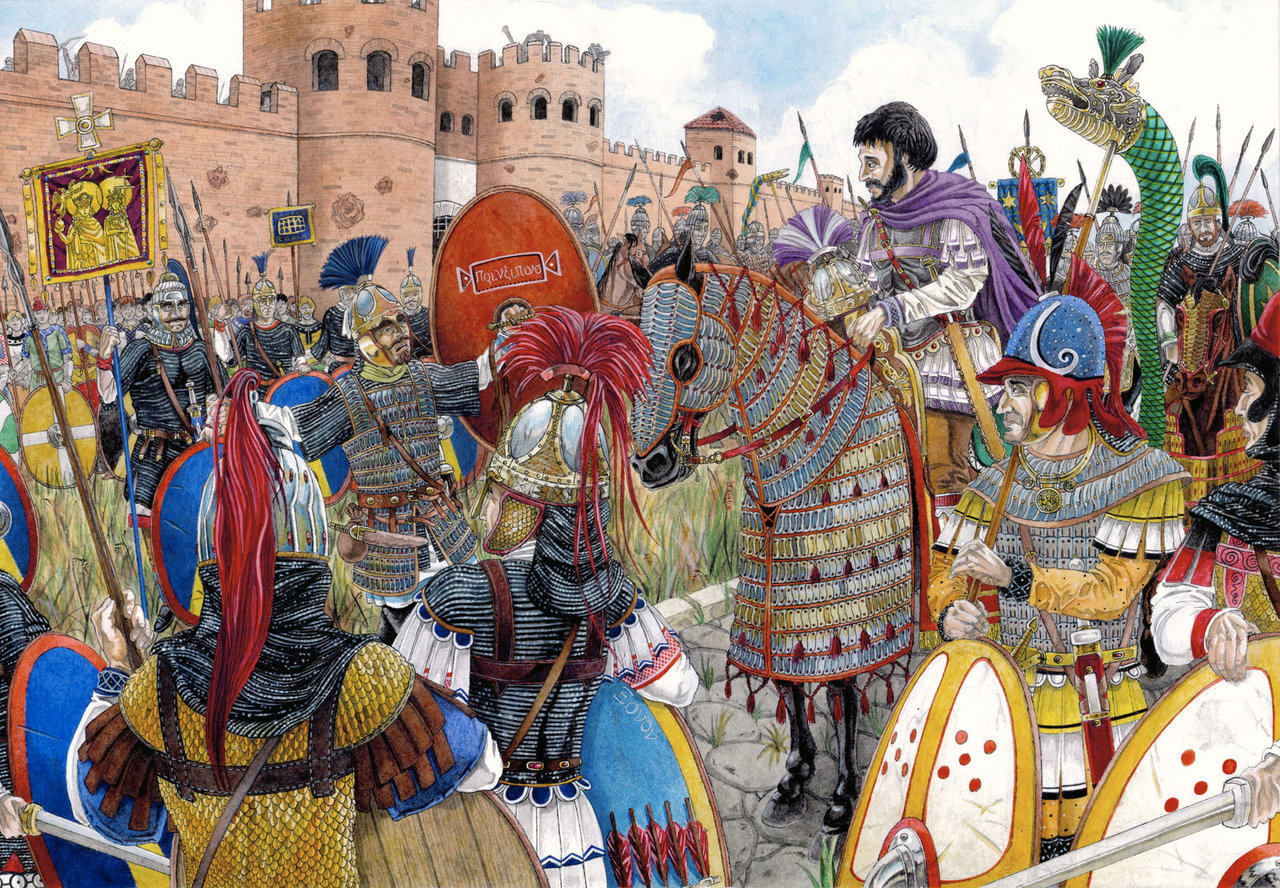
565
Death of Belisarius
The Byzantine Emperor Justinian is known for three great ambitions: the creation of the grandest church in the world; the recodification of centuries of Roman law; and the reconquest of the western empire lost to the barbarians. He achieved the first with the construction of the Hagia Sophia; his legal staff under Tribonian succeeded in the second aim; and for the third he turned to his general Belisarius, whose topsy-turvy life is here described by Chamber’s Book of Days:
The origin of Belisarius is doubtful, but he has been conjectured to have been a Teuton, and to have been at least bred in his youth among the Goths. We find him first serving as a barbarian recruit among the private guards of Justinian, before he ascended the imperial throne, and, after that event, which took place in A.D. 527, he was raised to a military command, and soon displayed qualities as a warrior and a man which give him a rank among the most celebrated names of antiquity. His great services to the Empire commenced with the arduous campaign in 529, in which he protected it against the invasions of the Persians. He returned to Constantinople to save the Emperor from the consequences of a great and dangerous insurrection in the capital. In 533, he received the command of an expedition against the Vandals, who had made themselves masters of Carthage and Africa, and by his marvellous skill and constancy, as well as by his moderation and policy, he restored that province to the Empire.
In the command of his army he had to contend with troops who, as well as their officers, were demoralized and turbulent, and in reducing them to discipline and obedience he performed a more difficult task than even that of conquering the enemy. The consequence was that the officers who served under Belisarius indulged their jealousy and personal hostility by writing to Constantinople, disparaging his exploits, and privately accusing him of a design to usurp the kingdom of Africa. Justinian himself was jealous of his benefactor, and indirectly recalled him to the Court, where, however, his presence silenced envy, if it did not overcome it, and he obtained the honours of a triumph, the first which had yet been given in the city of Constantinople. It was adorned by the presence of Gelimer, the captive king of the Vandals of Africa; and immediately afterwards Belisarius was declared consul for the following year.
Belisarius was soon called upon to march at the head of the Roman armies against the Goths of Italy, where new victories and new conquests attended him, and Italy also was restored to the Imperial crown. During this war, Rome was besieged by the Goths, and only saved from them by the conduct of the great imperial commander. The glory of Belisarius was now at its height, and, though the praise of the court was faint and hollow, he was beloved by the soldiers, and almost adored by the people, whose prosperity he had secured.
After another brief expedition against the Persians, Belisarius fell under the displeasure of the empress, the infamous Theodora, and was disgraced, and even in danger of his life. He only escaped by submission, and again left Constantinople to take the command of an Italian war. The Gothic king Totilas had again invaded that province, and was threatening Rome. Unsupported and unsupplied with troops and the necessaries of war, Belisarius was obliged to remain an idle spectator of the progress of the Goths, until, in A.D. 546, they laid siege to Rome, and proceeded to reduce it by famine. Before any succour could arrive, the imperial city was surrendered to the barbarians, and the king of the Goths became its master. It was, however, preserved from entire destruction by the remonstrances of Belisarius, who recovered possession of it in the following year, and repaired its walls and defences. But treachery at home continued to counteract the efforts of the general in the provinces, and, after struggling gloriously against innumerable and insurmountable difficulties, Belisarius was finally recalled to Constantinople in the year 548. After his departure, the Goths again became victorious, and the following year Rome was again taken by Totilas.
The last exploit of Belisarius saved Constantinople from the fury of the Bulgarians, who had invaded Macedonia and Thrace, and appeared within sight of the capital. Now an aged veteran, he attacked them with a small number of troops hastily collected, and inflicted on them a signal defeat; but Justinian was guided by treacherous councils, and prevented his general from following up the success. On his return, he was welcomed with acclamations by the inhabitants of Constantinople; but even this appears to have been imputed to him as a crime, and the emperor received him coldly, and treated him with neglect. This, which occurred in 559, was his last victory; two years afterwards, an occasion was taken to accuse Belisarius of complicity in a conspiracy against the life of the emperor. He presented himself before the imperial council with a conscious innocence which could not be gainsayed; but Justinian had prejudged his guilt; his life was spared as a favour, but his wealth was seized, and he was confined a prisoner in his own palace. After he had been thus confined a few months, his entire innocence was acknowledged, and he was restored to his liberty and fortune; but he only survived about eight months, and died on the 13th of March, 565. The emperor immediately confiscated his treasures, restoring only a small portion to his wife Antonina.


